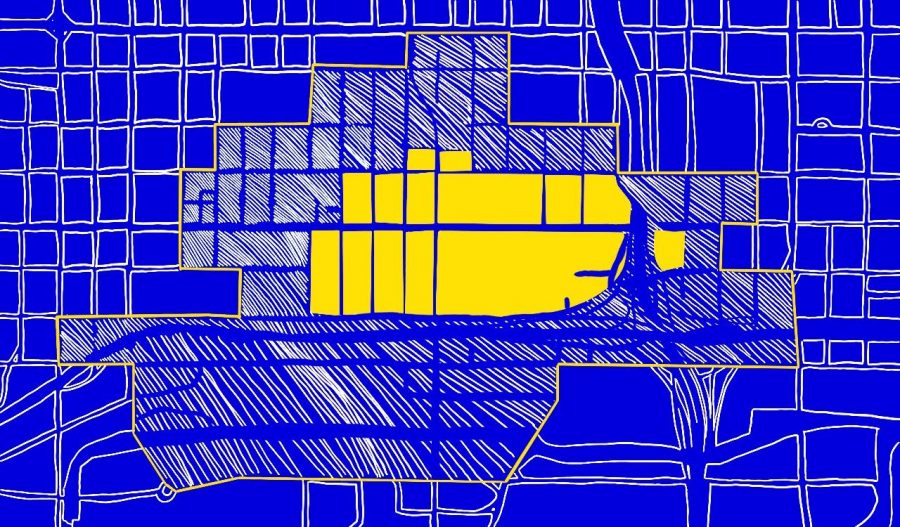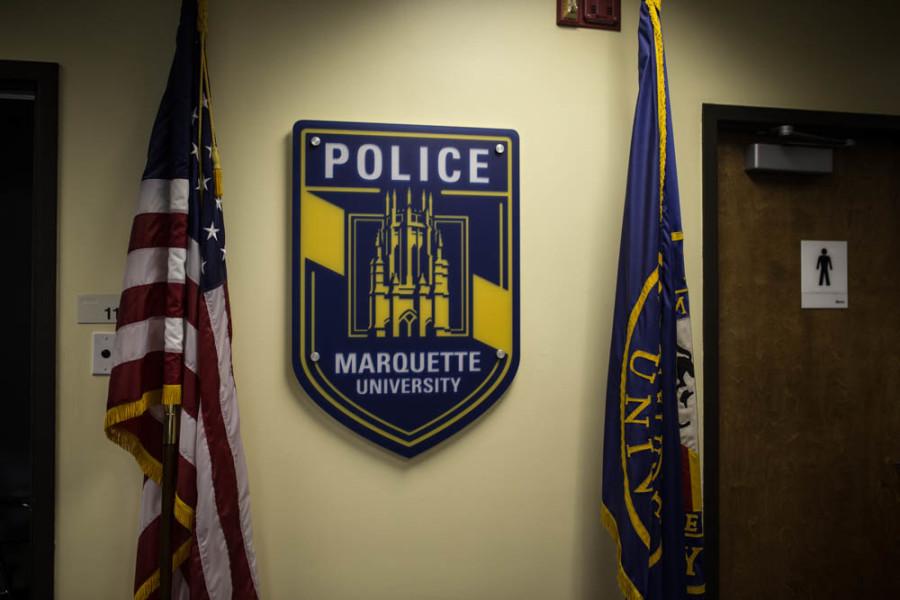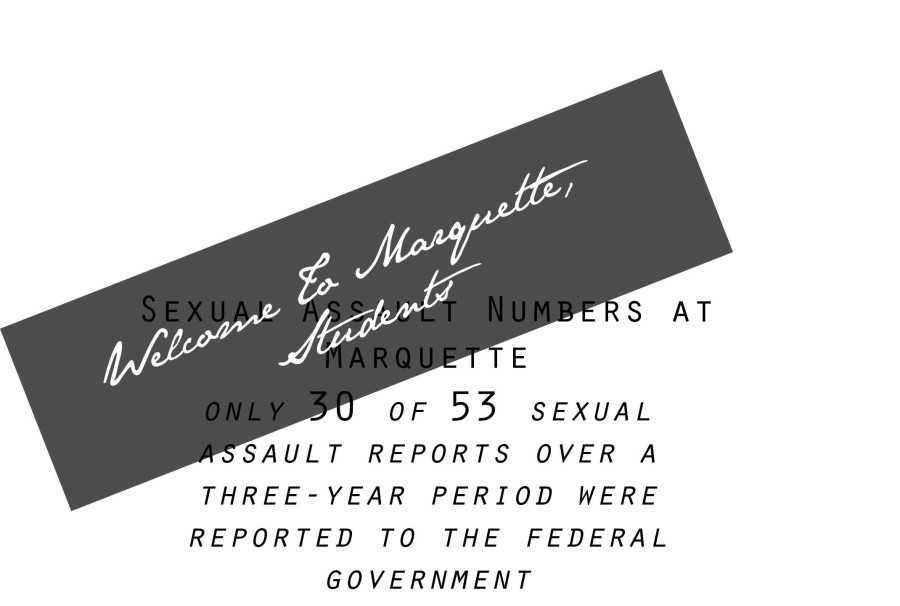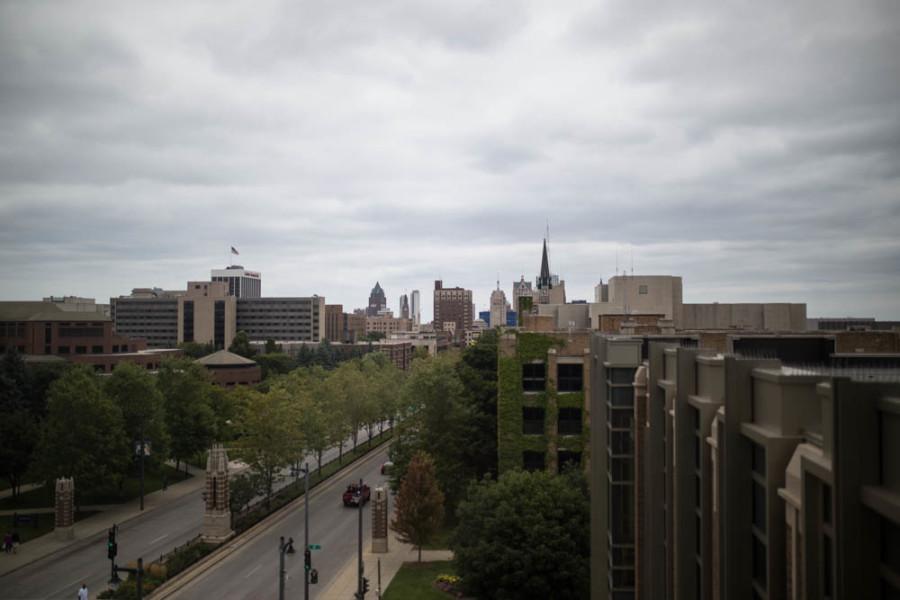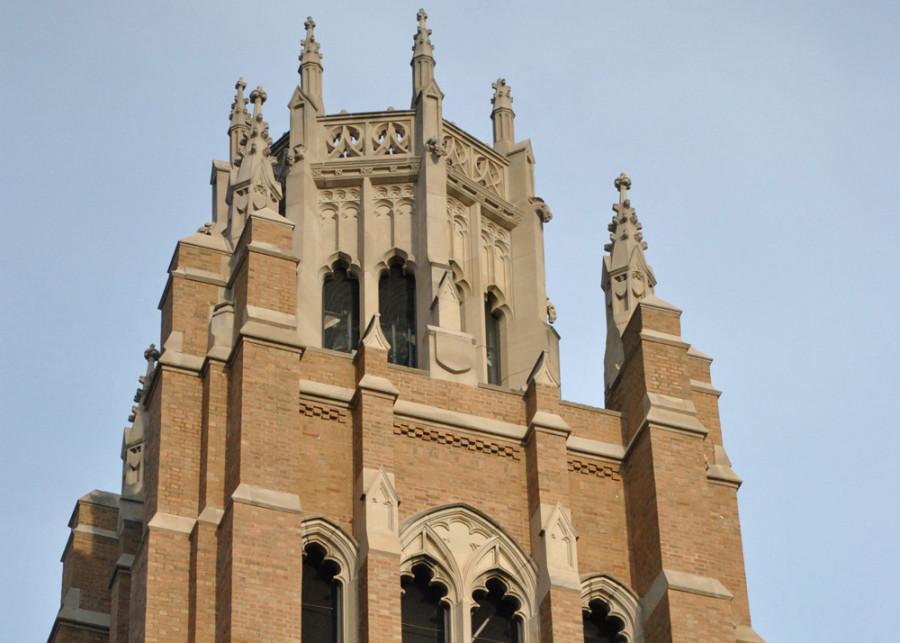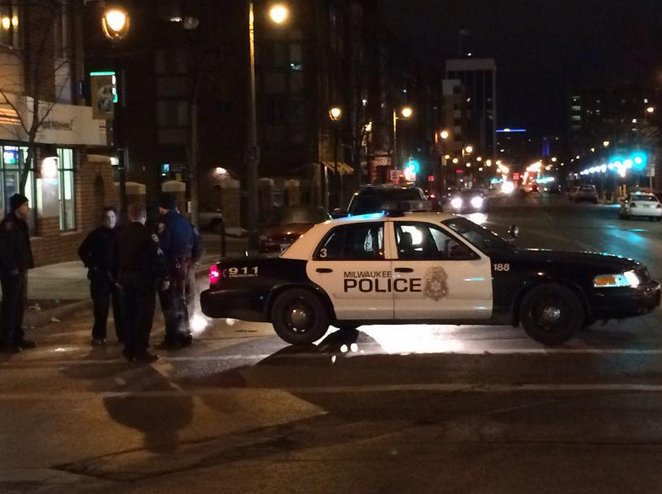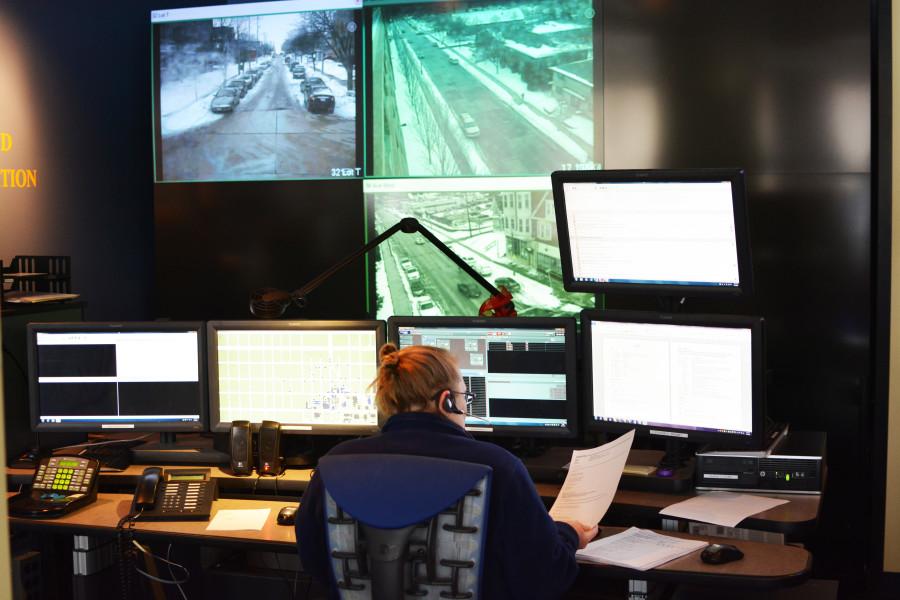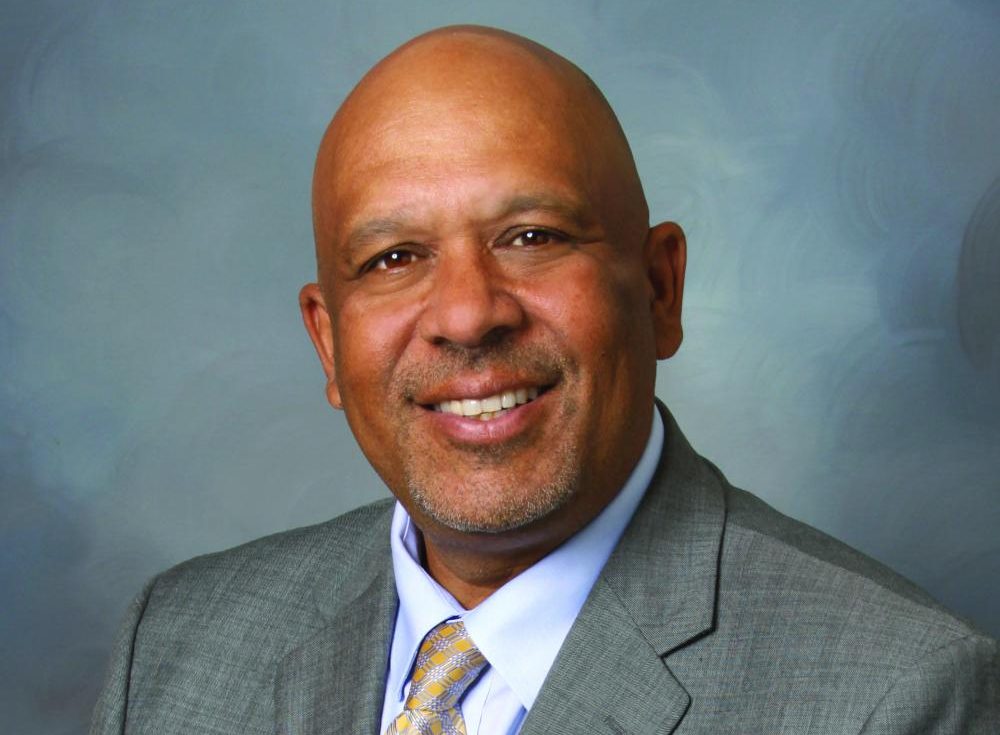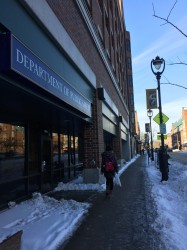
After months of gathering feedback from students, staff and the surrounding community, University President Michael Lovell announced, in his presidential address, the intent to proceed with the creation of a university police department. The announcement followed recommendations posited by Vice President for Student Affairs Dr. L. Christopher Miller and Department of Public Safety Chief Paul Mascari.
“The pros of doing this far outweigh the cons,” Lovell said, though he also noted that a timetable for the commissioning was not in place. This, nonetheless, marks the first time university administration established a set stance on the issue, affirming that, sooner or later, the university will have its own commissioned police force.
In a university address filled with momentous announcements, the statement on the potential university police force came with little detail to support it. What will follow the establishment of a campus police department and what the steps to bring it about are in the first place, still remain unclear for the university community.
While this may be a point of contention for some people, there are some things that can be assumed.
To note, there are significant benefits to having a commissioned police force on campus. As it currently stands, DPS must wait for Milwaukee Police Department support for incidents such as robberies or assaults, leading to long processing times for DPS and a resource drain for MPD, which then must pull officers from a different area of the city over to Marquette. As a commissioned force, Marquette’s police would no longer be reliant on MPD for assistance in processing incidents or streamlining work for both Marquette’s officers, as well as MPD.
If Marquette’s police force takes primary responsibility for patrols and incidents on campus, students would theoretically work with a force that is better tailored to fit students’ needs. As has been established before, the new police force would have the ability to be far more discretionary. Rather than simply doling out a university citation on top of a municipal citation, DPS would work closely with students involved in cases such as underage drinking incidents to provide the help they may need, such as offering referrals to the Counseling Center.
Despite the benefits, however, the decision to commission a police force at Marquette comes at a time when police and community relations are fraught with misunderstanding and distrust. As DPS steps into its new role, the university must be sure the department’s function as a peace-keeping force is made clear. The shift could easily be misunderstood as an indicator of unsafe conditions on campus, with the university bolstering its defenses against a rising crime rate.
While forums were held in the surrounding areas to assuage community members, the university must make sure that its stance is clear as it moves forward with this initiative.
The creation of the Marquette Police Department, barring any major setbacks, will go on. By staying informed and following the updates surrounding the commissioning, the Marquette community should undoubtedly be able to see this initiative as a good one and be ready to welcome the new force once it arrives.


